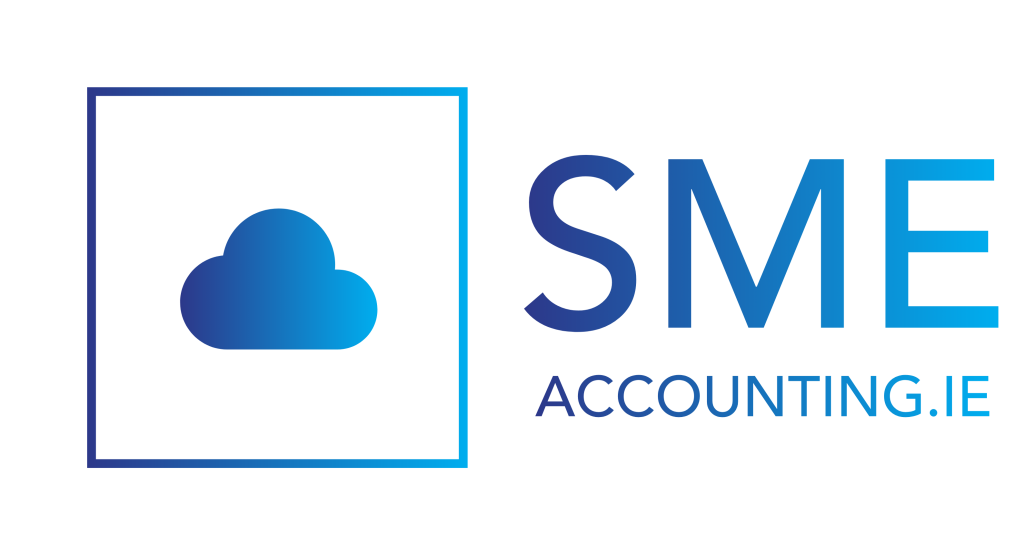Setting up any new business can be daunting. There are so many choices to make regarding staffing, premises, timetables marketing and sales. One thing that is not a choice, but is an obligation, is paying tax. As a Pilates teacher, your expertise likely lies in breathing and flexibility. As a business owner, you now need to know about your tax obligations. I spoke to Lydia Dunlop of SMEAccounting.ie to find out about tax for pilates teachers.
About SMEaccounting.ie
For over ten years, SMEaccounting.ie have been accounting services to Irish enterprises. Experts in startup and new businesses, they believe that you should spend your time working on your business and doing the things that you love, whilst leaving the accounting to the experts.

Hi Lydia, if I am starting a new full-time business teaching pilates, should I register as a sole trader or limited company?
“Sole trader is the better option if you are unsure what your income is going to be or if you believe it will not be a huge amount. You simply need to register under your own PPS number with the Revenue and possibly purchase a business name. You will have to prepare annual accounts and submit the details on your income tax return (deadline of 31st October). There are no costs involved to setup a sole tradership whereas a limited company has a setup charge for formation, it also has the added CRO deadline and the requirement for audit exempt accounts which is an extra cost to the business. This however is the way to go if the income is going to be sizeable!”
What paperwork should I keep/maintain in order to claim VAT back on expenses?
“You should keep all receipts of all purchases/utility bills, and for say stationery, toll bridge etc.”
Can I claim VAT back on the studio rent?
“This all depends on which way the landlord bought the building so differs in every case.”
When does the tax year start?
“For payroll/income tax it runs on a calendar year, but VAT/Corporation tax it depends on your accounting year end. So VAT for instance is normally payable every two months so if you start your business on the 1st March your first VAT period will be March/April. Corporation tax is payable on the 21st of the 9th month after your year end so if your year end is 31st December your Corporation tax is due on the 21st September.”
What is the VAT threshold for a sole trader?
“If your business is a service the threshold is €37,500 and if you are selling a product the threshold is €75,000.”
How do I register for VAT?
“This can be done online through setting up a ROS account, it lets you select if you are setting up as a sole trader or a company but your accountant can do this for you!”
Given that I start full time on May 1st, when do I need to register for VAT/as a sole trader/a limited company?
“If you are starting business on 1st May and you estimate that you will exceed the threshold in the first year then you should register straight away as it is very hard (if you have recurring customers) to increase your prices by 23% once you have exceeded the threshold. If however you feel you will not exceed the threshold you do not have to register for VAT until this happens.”
Do I need to open a new business bank account?
“Yes. Best practice is to open a separate business bank account if you are a sole trader, as a company you must have a separate business bank account in the company name.”
How can I pay my tax – ie, can I send a cheque to Revenue?
“Revenue has gone online so the payments are preferred online by giving bank details or by card.”
Can you advise me on the format of a spreadsheet to record my income and expenditure so that it is usable for an accountant to submit my returns?
“Keep the spreadsheet simple – so for sales Date/Customer/Invoice number/Total/VAT/NetFor purchases – Date/Supplier/Invoice number/Total/VAT/split the net figure under columns to analysis to goods for resale, motor, rent etc.”
Finally, I heard the term bookkeeper a lot, what is the difference between a bookkeeper and an accountant?
“A bookkeeper will enter the data, do up VAT returns etc. An accountant can do the same but will bring the figures to reconciliation stage and prefer year end accounts for submission with the CRO annual return, calculate the corporation tax return and capital allowances, prepare the Income Tax returns etc.”
Obviously, it would be difficult to cover all scenarios but I hope this goes some way toward helping you understand your tax obligations as a full-time Pilates Teacher in Ireland. If you would like to speak with Lydia, you can get in touch via the SME Accounting website, SMEaccounting.ie. Thanks again Lydia for your time!

